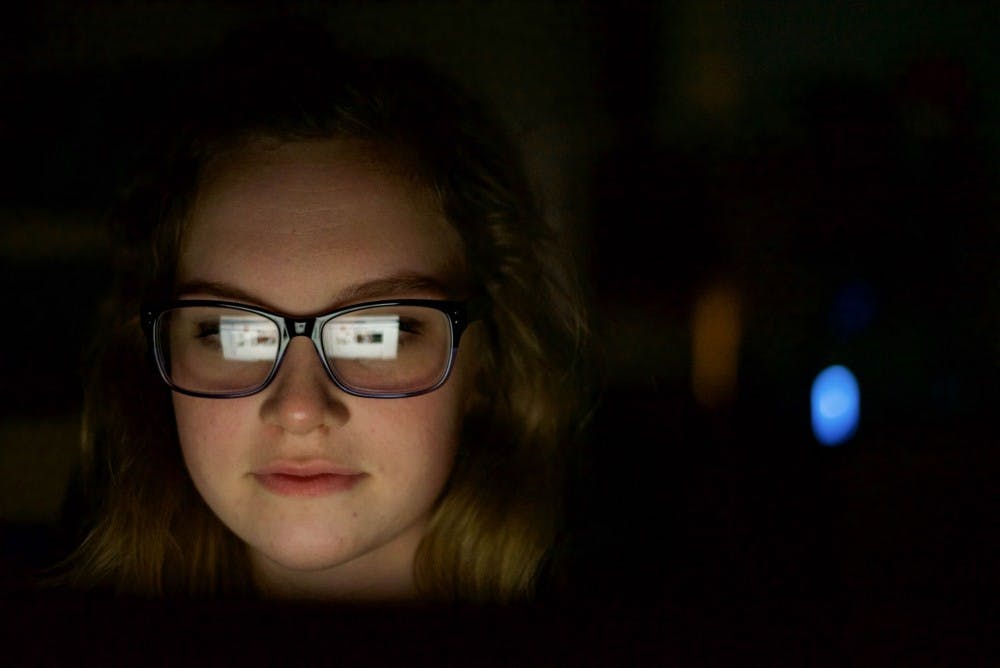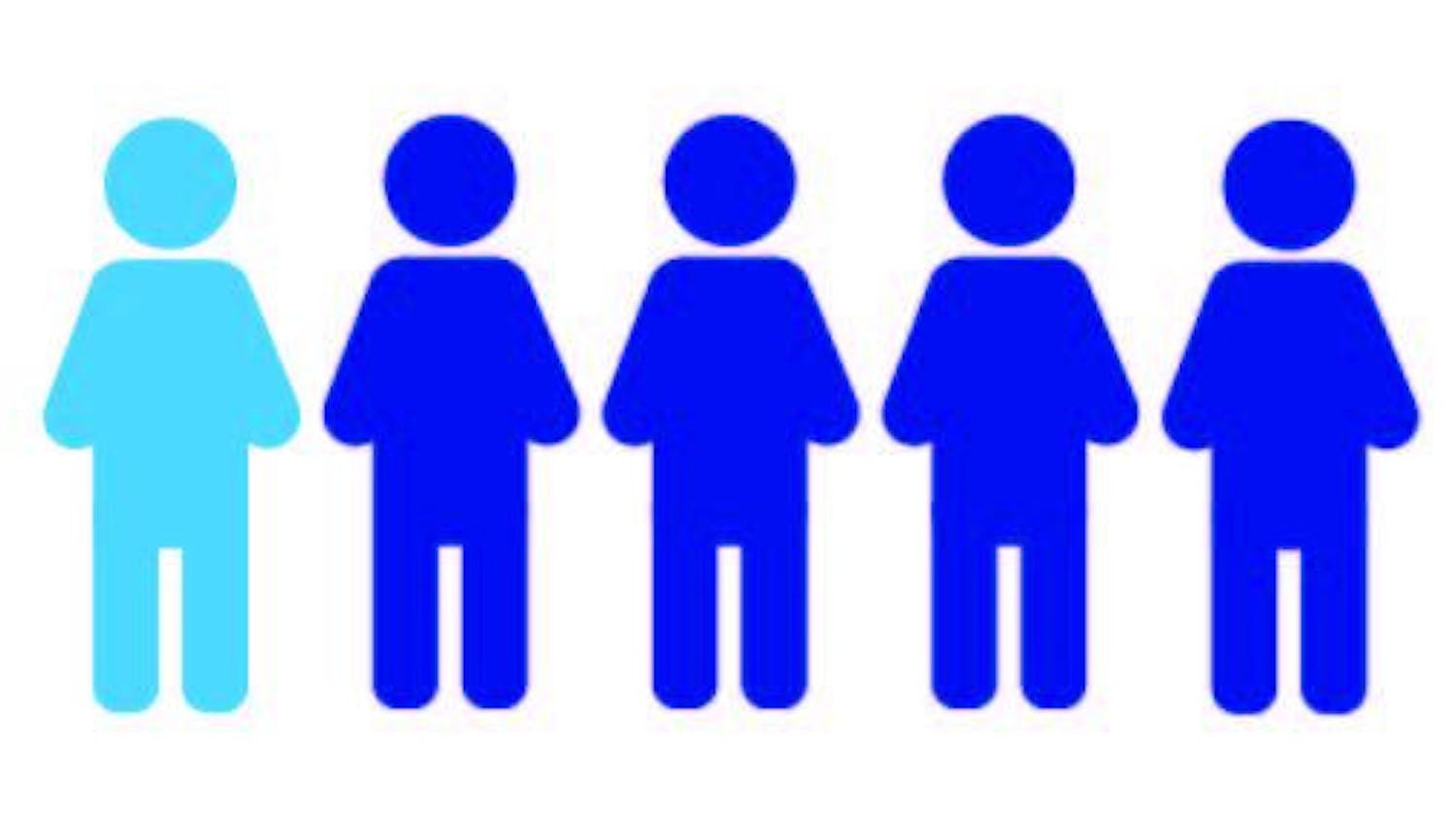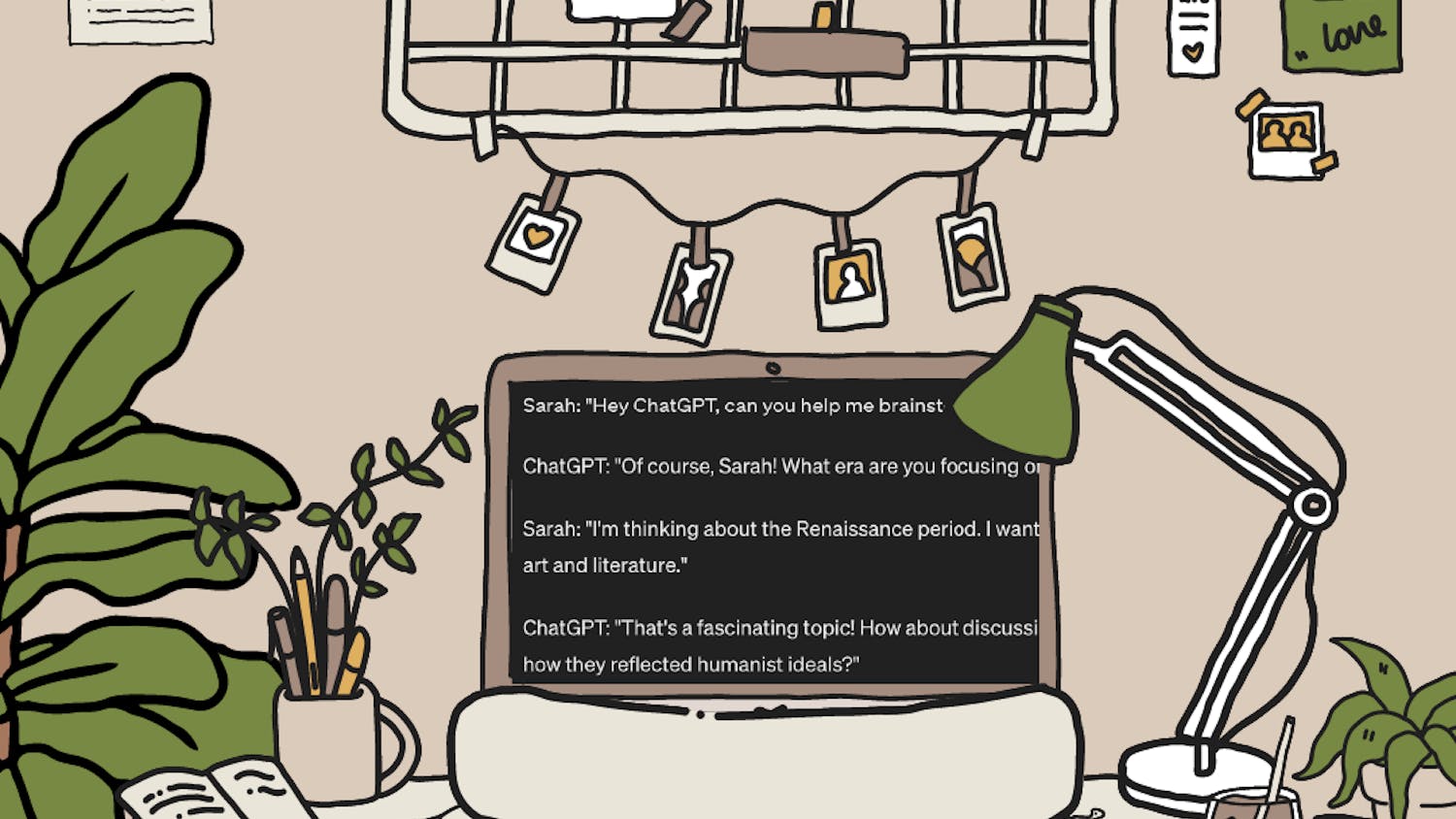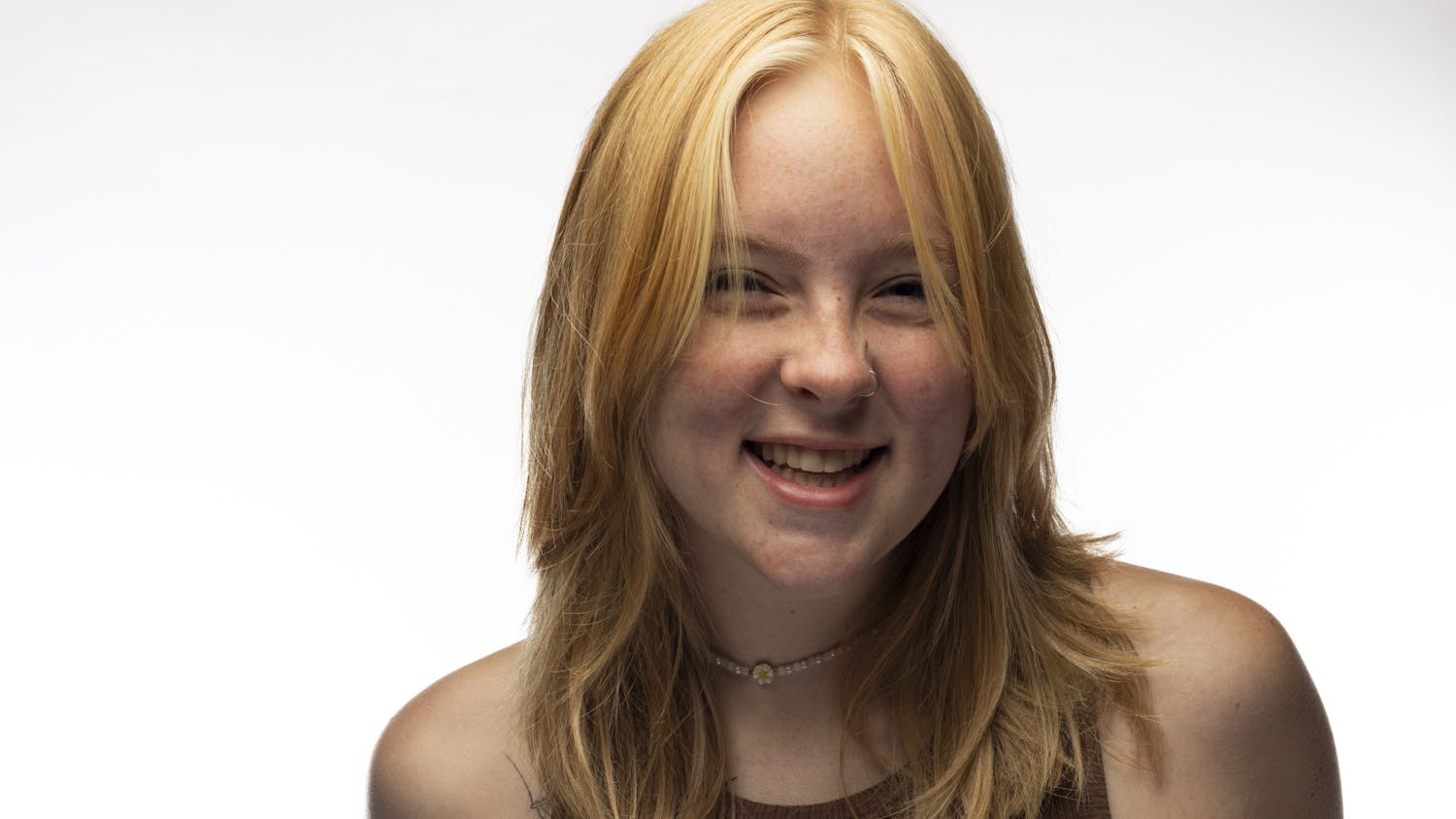During the election cycle, the sharing of fake news stories skyrocketed, with some reaching more than a million people.
In the final three months of the campaign, 20 articles with titles such as “WikiLeaks CONFIRMS Hillary sold weapons to ISIS” had about 8.7 million shares, reactions and comments on Facebook while the top 20 real news articles from The New York Times, Washington Post and other outlets had about 7.4 million engagements. The misinformation being spread has caused a debate about fake news and if it belongs on the internet.
The evolution of social networking comes with potential problems for the media, Susan Burgess, an Ohio University political science professor, said.
“When new technologies are introduced into politics … that changes the ways politics are covered,” Burgess said. “With the rise of news sources outside of traditional newspapers, they’re not professional journalists, there’s the question about if they’ve been trained.”
A 38-year-old man is taking credit for President-elect Donald Trump’s victory because of his own fake articles. Many people shared his fake sites and fake articles, including Trump's campaign manager Kellyanne Conway. One article suggested that protesting Trump could result in a monetary reward.
The Washington Post confirmed a Russian propaganda campaign was spreading fake news in an effort to undermine Democratic presidential nominee Hillary Clinton and promote Trump, who has been vocal about restoring U.S.-Russian relations.
The rise of hoax stories affects the overall attitude toward professional journalists, Mary Puzder, a sophomore studying journalism, said.
“It’s super annoying because it discredits other news sources,” she said. “As a journalism major, I’m noticing it more and more.”
Oftentimes people will share articles on social media sites without reading it because of the headline or the tweet framing it, Puzder said. Because of that, she said readers must be ready to fact-check. A recent Stanford study, however, found that 82 percent of middle school to college students cannot differentiate between real and fake news sources.
Because of the difficulty some readers face in identifying hoax news sites, Burgess said some people are questioning the obligation of social media sites to regulate fake news. Google said it will not allow websites that post fake news to use its advertising services. Mark Zuckerberg, CEO of Facebook, announced that his website may begin to identify stories as “false” or automatically detect misinformation.
“It’s definitely not the social media site’s fault,” Puzder said. “It’s a maturity and media literacy problem that people need to go into and people can’t blindly trust the news.”
Jared Scales, an undecided junior, writes satire for Black Sheep at OU. Satire is a comedic and unrealistic spin on real news.
“There’s definitely a problem with fake news because there’s so much being circulated,” Scales said. “We are very clearly writing satire. … We’re looking to make people laugh. The real fake news is not comedic and it’s trying to pass itself off as something that’s real.”
The rise of fake news could potentially lead to debates about legality, Burgess said.
“Is there an obligation on social media to fact-check?” she said. “What is the status of social media relative to the first amendment? We’re going to see that in the days ahead.”
Puzder suggested that people worried about consuming fake news should take cautionary steps before deeming a source as credible.
“I would say look at the URL of where the source is coming from,” she said. “Look at the intent of the author. Look into if they’re biased. ... You can start making a difference by showing your family and friends credible sources.”






